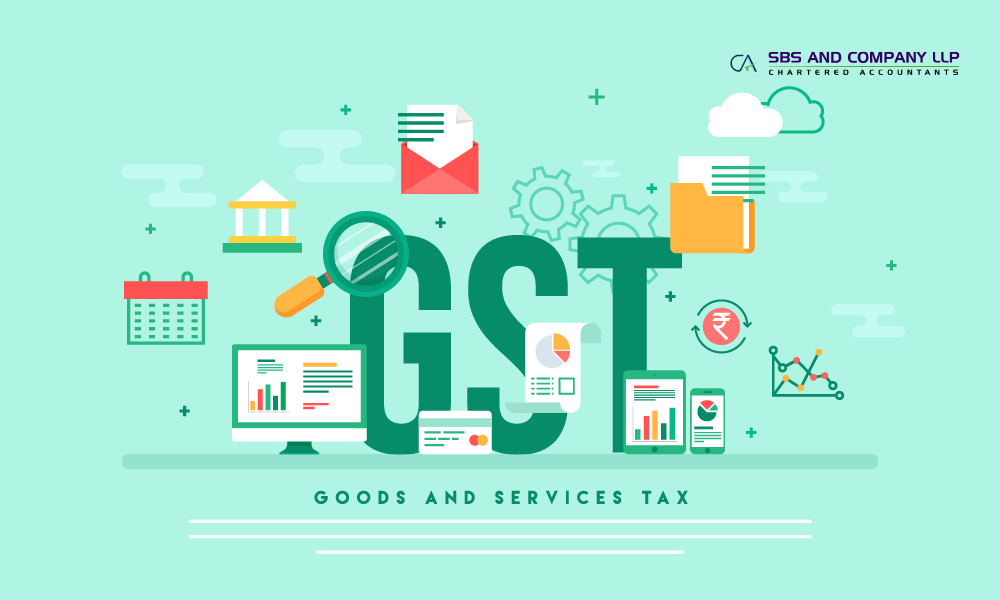Background:
1. The Central Government has issued various notifications dated 30th March 19 to bring out the changes to the tax rates applicable for real estate sector. In this note, we have made an attempt to understand the impact of such notifications and the way forward for the promoters. Without any further delay, let us proceed to understand the notifications.
Snapshot of Changes:
2. Essentially, the notification dealing with rate of tax has categorised, the projects as under:
Read more: First Note on Changes to Real Estate Sector – GST Aspects








